
Planting trees whose shade I may never know.
I comment on CAF, economics, politics.
Different challenges. Different opportunities. Different countries.
/fin
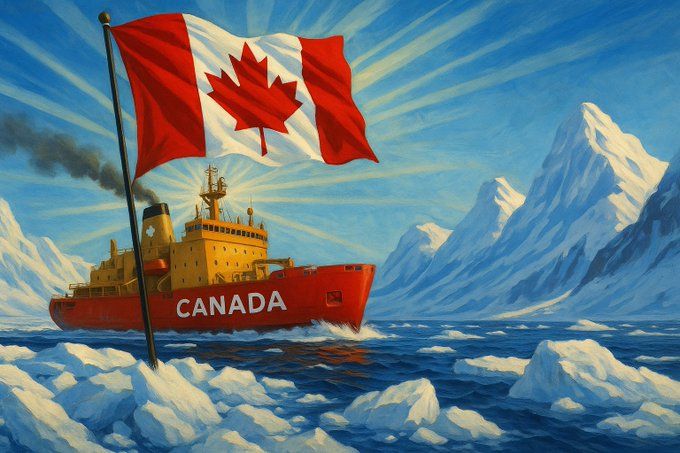
Different challenges. Different opportunities. Different countries.
/fin
They’re not playing the same game.
And they don’t need the Arctic in the same way.
They’re not playing the same game.
And they don’t need the Arctic in the same way.
Why?
Because Canada faces thicker, harder ice, closer to home more often.
That’s Canada’s necessity.
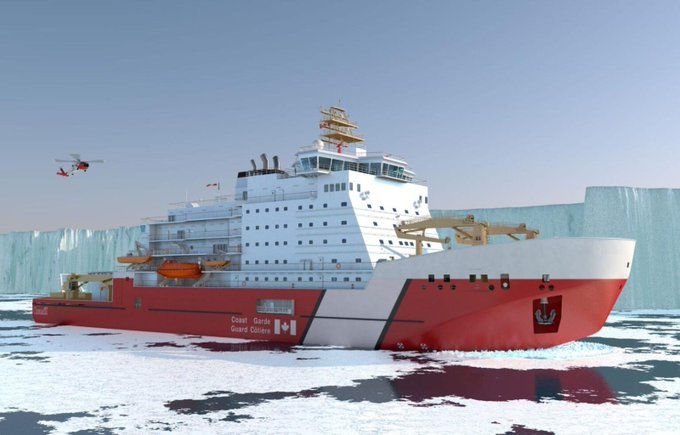
Why?
Because Canada faces thicker, harder ice, closer to home more often.
That’s Canada’s necessity.
But, again, that reflects necessity - not, necessarily, advantage.
But this doesn’t just cut one way.
But, again, that reflects necessity - not, necessarily, advantage.
But this doesn’t just cut one way.
However, Russia’s geography requires its icebreakers to remain in the Arctic year-round, where keeping them fueled is logistically difficult and expensive.
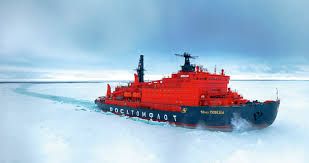
However, Russia’s geography requires its icebreakers to remain in the Arctic year-round, where keeping them fueled is logistically difficult and expensive.
For example: Canada is often criticized for not “keeping up” with Russia’s icebreaker fleet.
But the incentives justifying Russia’s fleet - both economic and strategic - simply don’t exist for Canada.
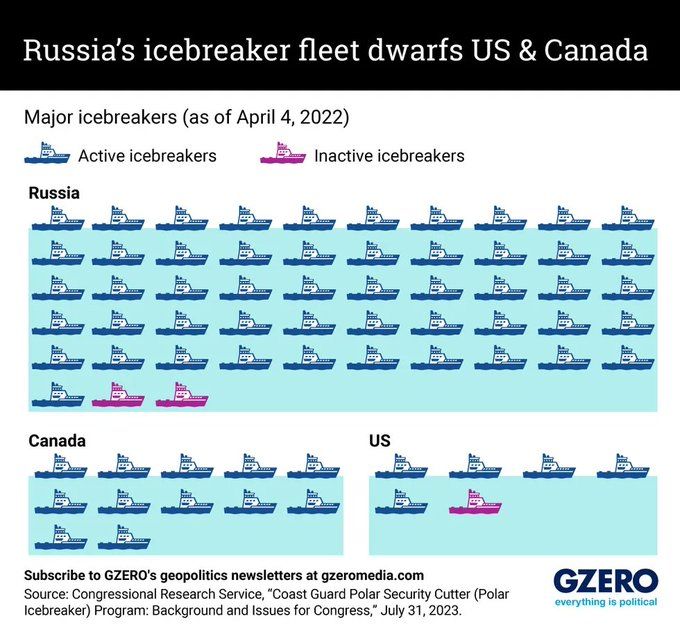
For example: Canada is often criticized for not “keeping up” with Russia’s icebreaker fleet.
But the incentives justifying Russia’s fleet - both economic and strategic - simply don’t exist for Canada.
For Canada, Arctic access is valuable.
For Russia, Arctic access is existential.
For Canada, Arctic access is valuable.
For Russia, Arctic access is existential.
That leaves only the Arctic as an unthreatened route.
That leaves only the Arctic as an unthreatened route.
Russia’s best Western ports—St. Petersburg and Novorossiysk—are stuck in inland seas (the Baltic and Black seas, respectively), bottlenecked by potentially unfriendly powers.
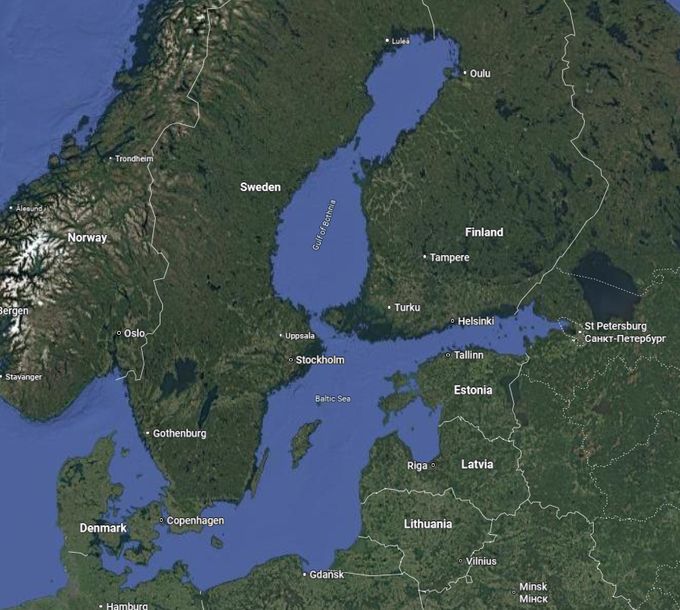
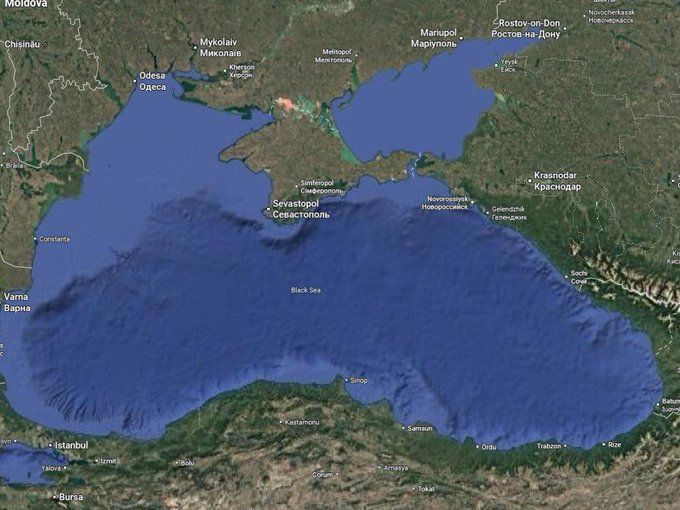
Russia’s best Western ports—St. Petersburg and Novorossiysk—are stuck in inland seas (the Baltic and Black seas, respectively), bottlenecked by potentially unfriendly powers.
Bottom line: Canada doesn’t need to ship through the Arctic.
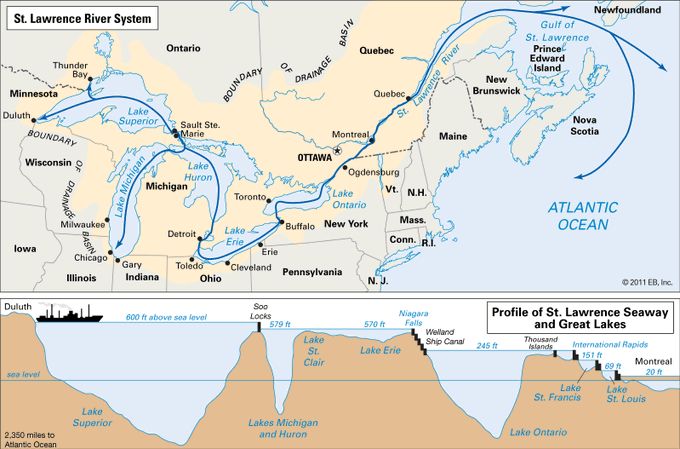
Bottom line: Canada doesn’t need to ship through the Arctic.
Strategic alternatives.
Canada has other options. Russia does not.
Strategic alternatives.
Canada has other options. Russia does not.
And thanks to better shipping conditions, those goods can actually go somewhere - whether to other parts of Russia’s Arctic or to be traded with other nations.
And thanks to better shipping conditions, those goods can actually go somewhere - whether to other parts of Russia’s Arctic or to be traded with other nations.
But its closest major city, also ~1300km away, is Winnipeg (Pop. ~800k), and Churchill is still 1,000km from the Arctic Circle.
To get truly Arctic you’re looking at Tuktoyaktuk. Closest city of size? Whitehorse (Pop. ~30k).
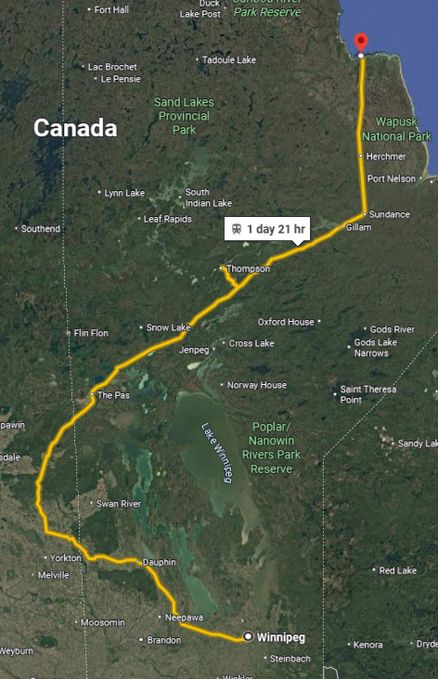
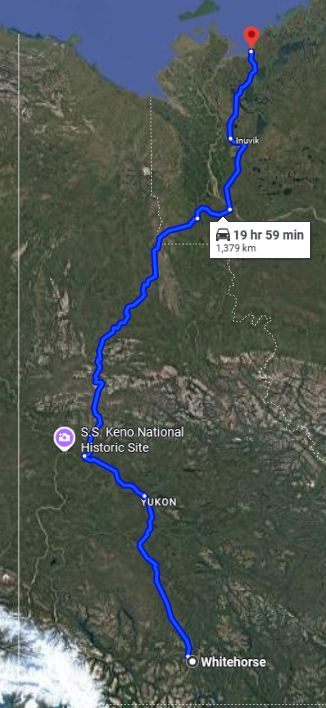
But its closest major city, also ~1300km away, is Winnipeg (Pop. ~800k), and Churchill is still 1,000km from the Arctic Circle.
To get truly Arctic you’re looking at Tuktoyaktuk. Closest city of size? Whitehorse (Pop. ~30k).
Russia’s main economic centres - Moscow and St. Petersburg, with a combined population of ~18 million - are both under 1,300km from Arctic-facing ports like Severodvinsk.
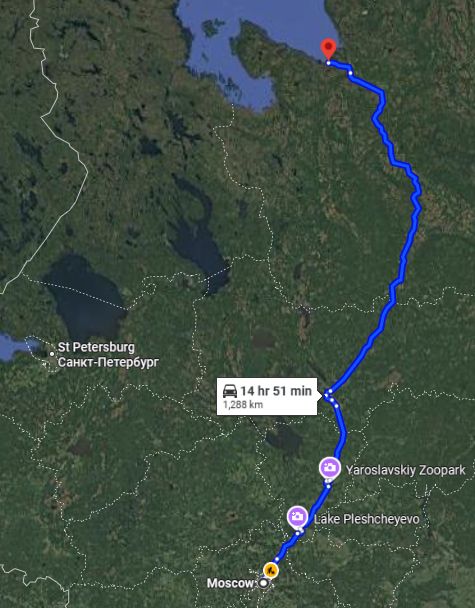
Russia’s main economic centres - Moscow and St. Petersburg, with a combined population of ~18 million - are both under 1,300km from Arctic-facing ports like Severodvinsk.
Sea shipping is by far the lowest cost way to move goods. It’s hard to be economically competitive without it.
So easier Arctic shipping means more trade, and more trade drives development.
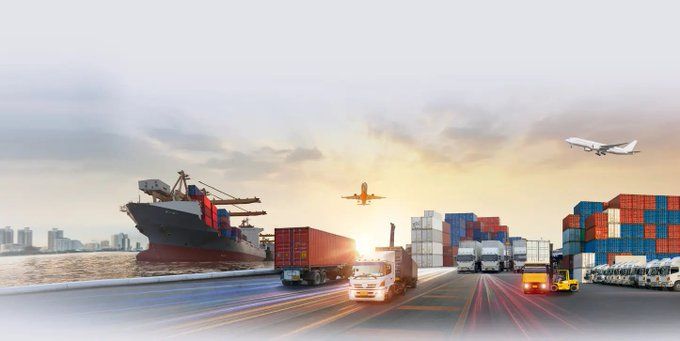
Sea shipping is by far the lowest cost way to move goods. It’s hard to be economically competitive without it.
So easier Arctic shipping means more trade, and more trade drives development.
In the Arctic? They trap ice.
Sea ice around Canada piles into massive ridges in winter - impassable to even the heaviest icebreakers - and lingers longer into summer.
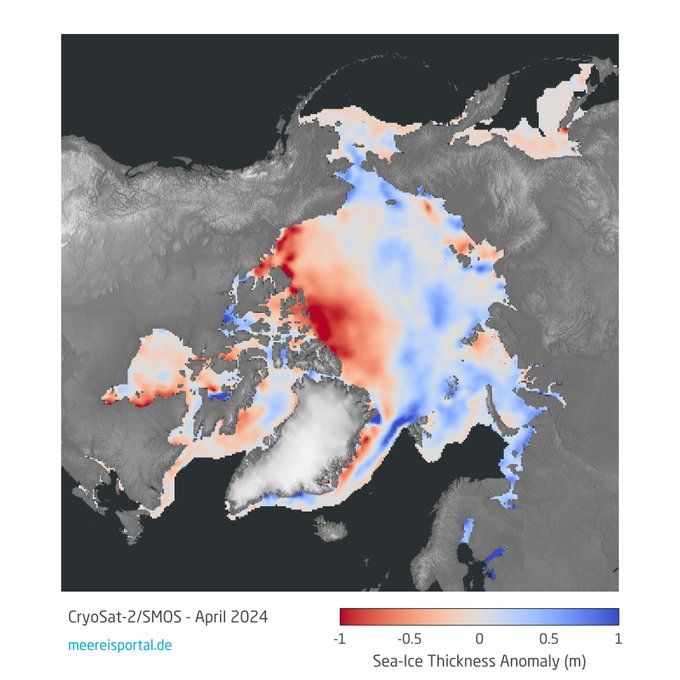
In the Arctic? They trap ice.
Sea ice around Canada piles into massive ridges in winter - impassable to even the heaviest icebreakers - and lingers longer into summer.
North of Canada’s main landmass is a dense archipelago - nearly 100 large islands (and thousands of small ones) with narrow channels in between.
Russia’s Arctic is mostly a single, contiguous, coastline with a few scattered islands.
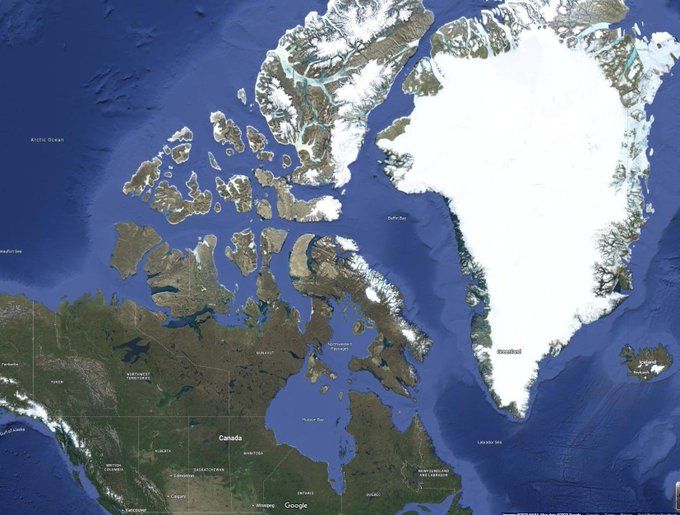
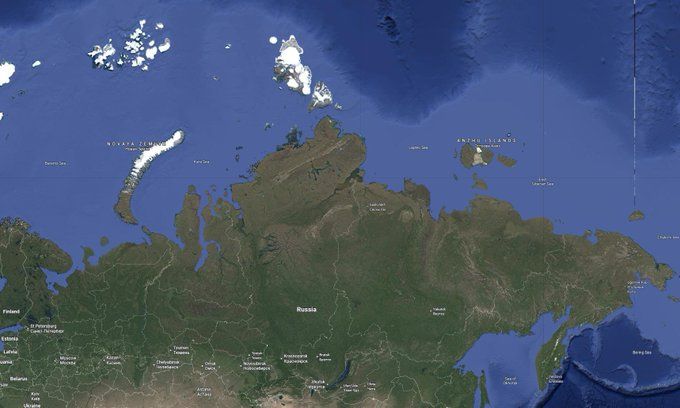
North of Canada’s main landmass is a dense archipelago - nearly 100 large islands (and thousands of small ones) with narrow channels in between.
Russia’s Arctic is mostly a single, contiguous, coastline with a few scattered islands.
That’s because of three primary factors:
- Physical geography
- Proximity to economic centres
- Strategic alternatives
That’s because of three primary factors:
- Physical geography
- Proximity to economic centres
- Strategic alternatives
He's willing to gamble with high stakes to make an impression before he faces voters.
I hope his bets pay off for Canada.
He's willing to gamble with high stakes to make an impression before he faces voters.
I hope his bets pay off for Canada.

